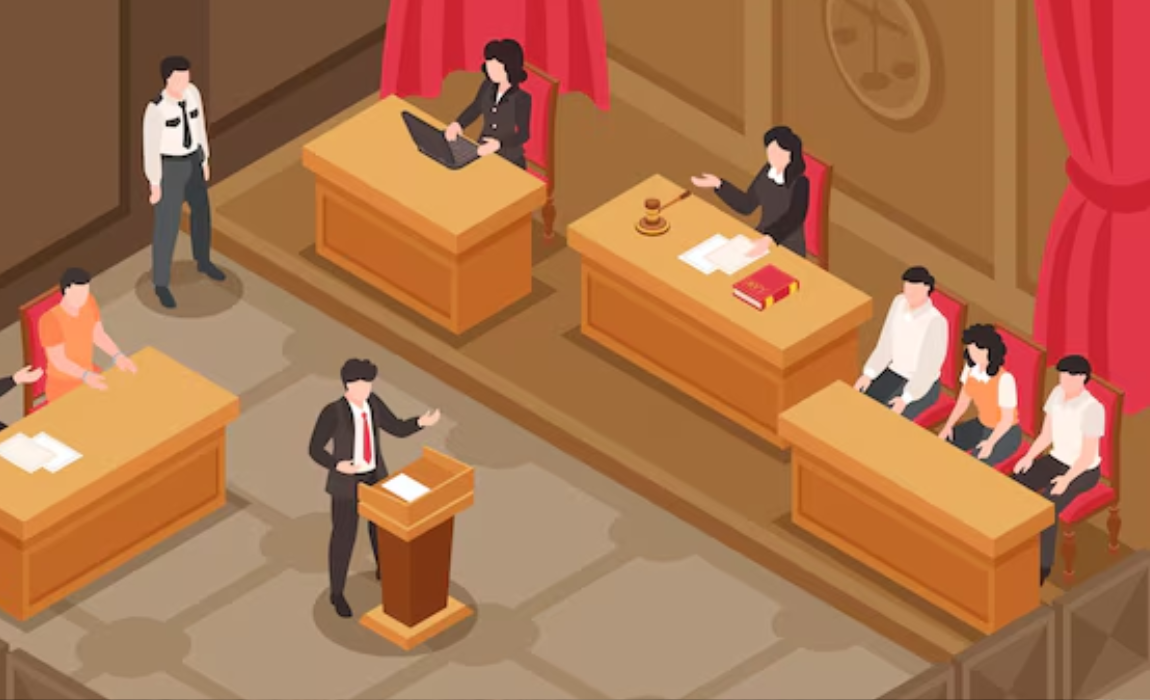Pleadings: Definition, Types, and Legal Importance

What Are Pleadings?
Pleadings form the cornerstone of civil litigation and are essential for the initiation and progression of a civil suit. Under the Code of Civil Procedure (CPC), 1908:
• Plaint: Defined implicitly by Order VII of the CPC, a plaint is the initial document filed by the plaintiff detailing the facts of the case, the legal basis for the claim, and the relief sought. It initiates the civil suit.
• Written Statement: As per Order VIII, Rule 1 of the CPC, this is the response filed by the defendant to address the allegations made in the plaint and to present their defences. The defendant must file this within 30 days from receiving the summons.
Pleadings must be drafted with clarity and precision, focusing on material facts rather than legal arguments or evidence.
Rules for Drafting Pleadings
The rules for drafting pleadings are outlined in Order VI of the CPC. The guiding principle is to "Plead facts, not laws." Key rules include:
1. Material Facts Only: Pleadings should contain only material facts that are relevant to the case. Immaterial or irrelevant facts should be excluded. As established in Union of India v. Sita Ram, material facts are those that support the cause of action or defence.
2. No Legal Arguments: Legal arguments or the application of law should not be included in pleadings. The role of pleadings is to present facts, while the court applies the law to these facts.
3. Exclusion of Evidence: Pleadings should outline facts but should not include evidence or detailed proofs. Evidence is presented during the trial, not in the pleadings.
4. Conciseness: Facts should be presented concisely, ensuring clarity without unnecessary details.
Amendment of Pleadings
The CPC provides for the amendment of pleadings under Order VI, Rule 17. This rule allows parties to alter or amend their pleadings at any stage of the proceedings to resolve the real issues in controversy:
• Rule 17: Amendment of Pleadings
o Sub-rule (1): The court may allow a party to amend their pleadings at any stage if it is necessary to determine the real questions between the parties.
o Proviso: Amendments are generally not allowed after the trial has commenced unless the court is satisfied that the matter could not have been raised before the trial despite due diligence.
• Rule 18: Failure to Amend
o If a party fails to amend their pleadings within the time prescribed by the court, or within 14 days if no specific time is set, they will not be permitted to amend unless the court extends the time.
Judicial Interpretations and Conditions for Amendments
Several cases illustrate the application of amendment rules:
• Gurdial Singh v. Raj Kumar Aneja: The court emphasized that an application for amendment must specify what changes are sought in the original pleadings.
• Rajesh Kumar Aggarwal & Ors v. K.K. Modi & Ors: The court highlighted that the word ‘may’ in Rule 17 gives discretionary power to the court, while ‘shall’ obligates the court to allow amendments if necessary to determine the real issues.
• Kishan Das Vithoba Bachelor: The court outlined that amendments should not cause injustice to the other party and must be necessary for resolving the real questions in controversy.
• Cropper v. Smith: The objective of amendments is to protect the rights of the parties, not to penalize them for errors in pleadings.
Importance of the Doctrine of Relation Back
When amendments are allowed, they generally relate back to the date of the original suit. However, in some cases, such as Sampath Kumar v. Ayyakannu, the court may direct that amendments do not relate back based on specific circumstances.
Procedure for Filing an Amendment Application
1. Drafting: Prepare an application for amendment detailing the changes needed.
2. Submission: File the application before the concerned civil court.
3. Fee: Pay the necessary court fee as per the Court Fees Act, 1870.
4. Purpose: State the purpose of the amendment clearly.
5. Court Review: The judge will review the application and grant permission if it is deemed necessary.
6. Filing New Pleadings: Submit the amended pleadings within the time specified by the court or within 14 days if no time is specified.
7. Notify Opposite Party: Provide a copy of the amended pleadings to the opposing party.
Amendments and Limitation
The court may refuse amendments if they are barred by the Limitation Act. However, courts have discretionary power to allow amendments if it serves the interest of justice, as seen in L.J. Leach & Co. Ltd. v. Jardine Skinner & Co. and South Konkan Distilleries & Anr v. Prabhakar Gajanan Naik & Ors.
Conclusion
Pleadings under the CPC are crucial for clearly defining the issues in a civil case. The rules ensure that only relevant facts are presented, while legal arguments and evidence are reserved for later stages. Amendments, allowed by Order VI, Rule 17, help keep pleadings accurate and up-to-date. Adhering to these rules helps make the legal process smoother and fairer for everyone involved.
